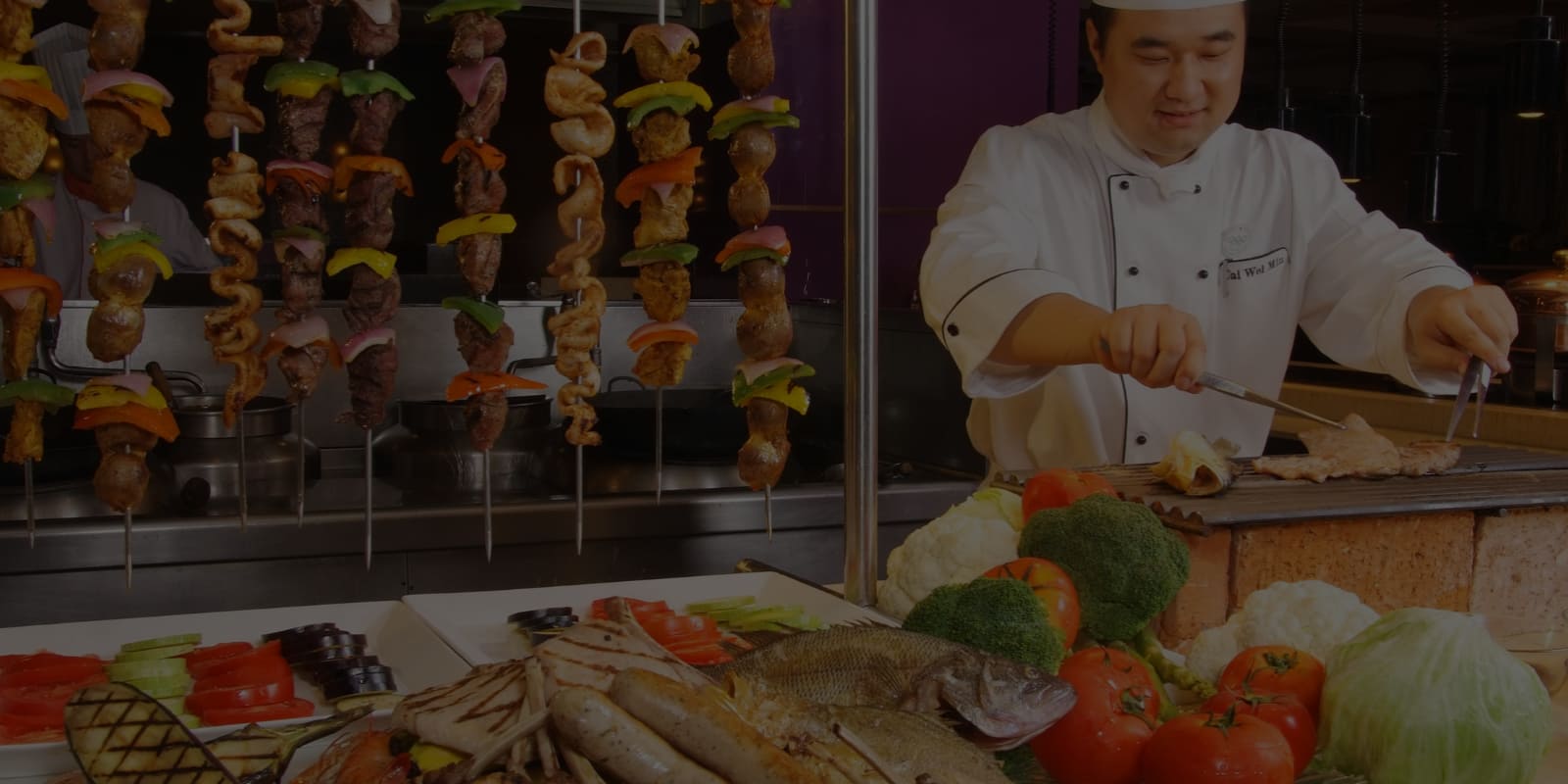TAX CONSIDERATIONS
Tax results vary so widely by structure. Foreign companies pay corporate income tax, where as Saudi GCC owned companies pay Zakat. Vat registration as a group can consolidate tax considerations across the shops but profit remittance is possibly taxed and entails regulatory procedures. If you structure it so, you can also maximize the tax efficiency of your business entity overall.
A holding company structure often strikes the right balance between scalability and compliance, allowing centralized management while streamlining tax obligations. Many of our clients have significantly reduced their effective tax exposure by setting up regional holding entities. These structures offer centralized governance, facilitate tax-efficient profit repatriation, enable VAT optimization, and support smoother cross-border expansion , making them a strategic choice for multi-brand F&B operators looking to grow in Saudi Arabia and beyond.
SCALING WITH COMPLIANCE: SFDA, GOSI, SAUDIZATION & MUNICIPAL RISKS
Compliance is mandatory because each division must have approval from the Saudi Food and Drug Authority (SFDA), the General Organization for Social Insurance (GOSI), and adherence to the Saudization system (Nitaqat System).
Before leasing, certify the location passes the Ministry of Municipal checklist via the Balady Platform; retrofitting decreases margins.
FRANCHISE OR FOUNDER-LED CHAIN? STRATEGIC DECISION MAP
Choosing between a franchise model and a founder-led owned chain is one of the most consequential decisions in entering the Saudi F&B market. While franchising can offer rapid market entry with lower upfront capital, it often comes with long-term constraints, think rigid royalty obligations, lack of pricing agility, and limited control over operations or menu innovation. These limitations can lead to margin pressure over time, especially in a highly dynamic and localized market like Saudi Arabia.
A founder-led, directly operated chain, on the other hand, requires higher CAPEX but offers unmatched brand control, operational agility, and long-term asset value. This model is especially suited for concepts that rely on brand storytelling, evolving menus, or premium positioning.
DECISION MATRIX:
LOCATION STRATEGY: FROM RIYADH CORE TO TIER-2 EXPANSION
In Saudi Arabia’s evolving F&B landscape, location is more than just a logistical choice—it’s a strategic lever for brand visibility, footfall, and long-term viability. Major cities like Riyadh, Jeddah, and Khobar offer mature markets with strong consumer spending, diverse demographics, and established retail infrastructure. However, as competition intensifies in these urban centers, many brands are eyeing Tier-2 cities like Abha and Hail, where growing populations and government investment are unlocking new demand pockets.
CITY MATURITY
PLACEMENT OPTIONS
Choosing between mall-based outlets, high-street locations, or drive-thru formats depends heavily on your concept and target audience. Malls offer steady traffic and family-focused environments, while high-street venues deliver premium visibility and branding opportunities. Meanwhile, drive-thrus are surging in popularity for their speed and convenience, particularly in car-centric cities like Riyadh.
REAL ESTATE MODELS
Partnerships with landlords are also evolving. While flat leases offer predictability, revenue-sharing models are becoming increasingly common, aligning operator and landlord incentives, especially in new or underdeveloped areas. Selecting the right model can optimize overheads and improve long-term profitability.
- Revenue Share: Links rent to sales (8–12%), perfect for malls.
- Fixed Lease: Standard for high-street, with 5–7% escalation clauses.
- Example: A Khobar QSR applied a revenue-share model, which lowered up-front costs by 30%.
COST CONSIDERATIONS
HOW CAN CREATION BUSINESS CONSULTANTS HELP?
We are Saudi Arabia company formation business consultants. “We make the challenging process of handling MISA, SFDA, and GOSI easy to understand and follow and, as a result, we reduce up to 40% setup time for F&B.” Regardless of whether you are a start-up company entering a new market or an established one expanding, we can help you make a smooth, compliant and successful entrée.
CONCLUSION
Saudi Arabia’s food and beverage industry is rich with opportunity and has the potential for significant growth yet succeeding in this market can be complex and depends on proper planning, strategic structuring and compliance with all local regulations. Choosing the right legal structure, and then handling things like SFDA approval or Saudization, all of it is best-managed with expert support.
Creation Business Consultants offers a comprehensive service to simplify your establishment and maximize tax efficiency while providing a durable solution for your future. Get in touch today at [email protected] or +971 4 878 6240 to start and scale your F&B business in the Kingdom with confidence.







